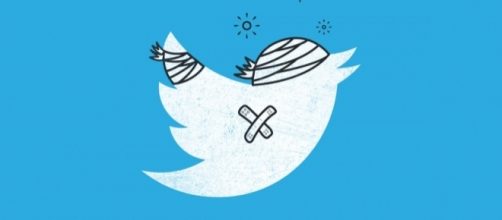In May of 2016, Twitter's stock fell to an all-time low and the company, spearheaded by CEO Jack Dorsey, has struggled to regain its footing. Some experts believe that Twitter's fall from grace is largely due to Dorsey's alleged Censorship of conservative and libertarian users, paired with an exodus of advertisers who are instead opting to give their business to Facebook and other rivals.
Advertisers give Twitter a wide berth
According to research analyst Ralph Schackart, of the Wall Street firm William Blair, his firm plans to increase social media advertising by 20 percent this year, while his clients plan to increase their spending on Facebook by 35 percent.
Schackart's analysis, published Thursday on Investopedia, reveals that ad spending on Twitter is expected to drop between 20 and 30 percent this year with a large chunk of those ad dollars going to Facebook.
This news is sure to rub salt in Twitter's wounds, as the company posted poor earnings during its fourth quarter. Twitter reported adjusting earnings of just 16 cents per share, missing Wall Street's revenue forecasts of $720.14 million by a mile. Making matters worse, Sina Weibo -- a Chinese Twitter clone -- is soon expected to surpass Twitter in monthly active users.
Twitter CEO's failure to learn from history
Twitter's decline began in 2016, after the company decided to purge hundreds of user accounts belonging to conservative pundits and media personalities.
In an interview with The Daily Caller, Richard Spencer, the alt-right author and head of the National Policy Institute conservative think tank, called the move "corporate Stalinism." Other conservatives, such as actor and producer James Woods, abandoned the platform in protest over Twitter's alleged censorship.
Yet, in spite of Twitter's downward spiral, CEO Jack Dempsey continues to double down on his anti-conservative, anti-libertarian stance. Earlier this year Twitter rolled out new features in an attempt to curb hate speech and crack down on abusive behavior -- a measure that is believed by some to disproportionately affect right-leaning users, many of whom insist that Twitter's definition of "hate speech" is anything that doesn't fall in line with Dempsey's own liberal political beliefs.

